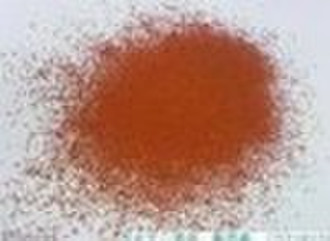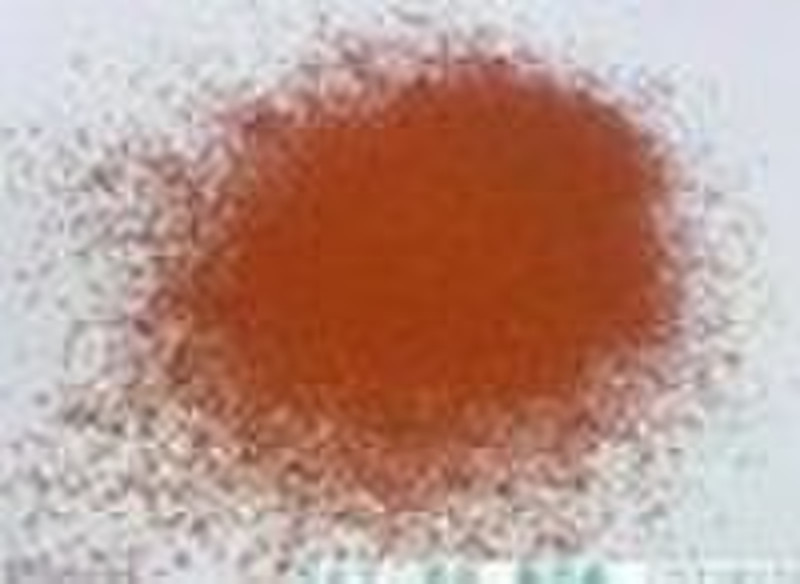Каталог
-
Каталог
- Автомобили и мотоциклы
- Безопасность и защита
- Бизнес
- Бытовая техника
- Бытовая электроника
- Детали машин и услуги по их изготовлению
- Дом и Сад
- Здоровье и медицина
- Игрушки и хобби
- Изделия из металла
- Измерительные и анализирующие приборы и инструменты
- Инструмент
- Красота и личная гигиена
- Мебель
- Мероприятия по охране окружающей среды
- Минералы и металлургия
- Модные аксессуары
- Обувь и аксессуары
- Одежда
- Освещение
- Подарки, сувениры
- Продовольственные товары и напитки
- Промышленное оборудование и техника
- Резина и пластмассы
- Сельское хозяйство
- Специальное оборудование
- Спорт, отдых и досуг
- Сток
- Строительство и недвижимость
- Текстиль и кожа
- Телекоммуникации
- Товары для офиса, учебы. Канцтовары
- Транспорт
- Упаковка и печать
- Химикаты
- Часы, Украшения, Очки
- Чемоданы, сумки
- Электронные компоненты, оборудование, принадлежности
- Электротехническое оборудование и принадлежности
- Энергия
Filters
Search
Лютеин
ориг. цена: 10,00 USD
Китай
Объем производства:
10000 Килограмм / Месяц

XiaoLi Li
Контактное лицо
Основные данные
| Упаковка | Drum |
|---|---|
| Место происхождения | Shaanxi China (Mainland) |
| Стандарт | 98% |
| Бренд | CT |
| Номер Модели | CT69 |
| Вид | Растительные экстракты |
| Форма | Порошок |
| Части | Листья |
| Тип экстракции | Жидко-твердая экстракция |
Product Description Name: Lutein / Marigold Extract /Marigold Extract Powder / Marigold P. E. Category: Ingredients Effectiveness: Anti-cancer / Eye protection (1). Sources and habitation Lutein is a naturally occurring molecule found in dark green leafy vegetables such as spinach, kale and collard greens and numerous studies have suggested that lutein intake fortifies the macula of the eye. Marigold is the raw material for out plant to get the lutein product. Marigold can mean flowering plants in the family Asteraceae in the following genera: Calendula (Marigold or Pot Marigold) Tagetes (Mexican marigold, African marigold or French marigold) Glebionis segetum (syn. Chrysanthemum segetum; Corn Marigold)(2). Descriptions and Specifications of Product Content Specifications: 50% 98% HPLCLutein Molecular Formula: C40H56O2 Molecular Mass: 568.871 CAS No: 127-40-2 Constitutional Formula:(3) Indications and Uses Lutein can lower the risk of age related vision loss, which causes gradual loss of central vision. Age related vision loss or age related macular degeneration (AMD) is caused by steady damage of the retina. Lutein probably acts by preventing oxidative damage of the retina cells. Lutein is concentrated in the central part of the retina, called the macula. In the macula are yellow pigments (macular pigments composed of zeaxanthin and lutein) which protect the retina from damage of the photo-oxidative affect of blue light.Lutein can also reduce the risk for artery diseases. Studies have shown that persons with the highest lutein intake showed the lowest artery wall thickening. Lutein also reduces the oxidation of LDL cholesterol thereby reducing the risk of artery clogging.Lutein can also reduce the risk of skin cancer and sunburn. Under influence of sunlight, free radicals are formed inside the skin. These free radicals can damage the DNA of cells. Lutein can protect against the damaging effects of UV-B radiation.(4). Safety Concerns Neither dietary nor supplemental lutein has produced negative effects in any of the human populations that have been studied. It is believed to be safe for general use.(5). Dosage Information Dietary intake of lutein of 6.9-11.7 milligrams daily has been associated with a decreased risk of age-related macular degeneration. Nutritional supplements containing lutein deliver from 250 micrograms (0.25 milligrams) to 20 milligrams daily
Условия поставки и упаковка
Packaging Detail: 25kg drum Delivery Detail: 10 days
Порт: Tianjin
Условия оплаты
Аккредитив
Электронный перевод
-
Способы оплаты
Для оплаты товаров и услуг на нашем портале, Вы всегда получаете счет, в котором Вам необходимо самостоятельно указать свои данные.
Мы принимаем к оплате:









